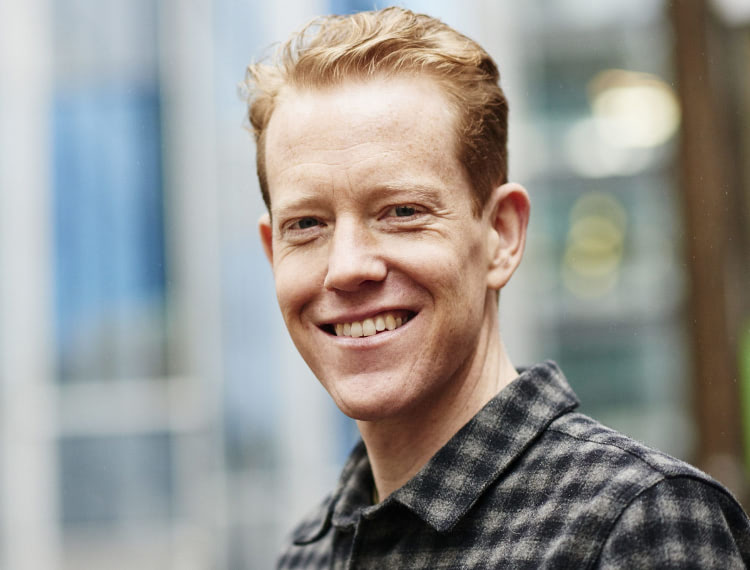“How can you possibly innovate (something like) education?” – Ed Fidoe

For as long as there have been people, we have passed on knowledge. For millennia, communities all around the world have transmitted what they know. The result of this is education—vast, complex and entrenched. But is there anything to add? Could we—should we—look to innovate?
At the London Interdisciplinary School, this is what we have worked hard to do: to innovate. And the wider appetite for evolution in education is reflected in our having been given degree-awarding powers, making us the first new educational provider for 50 years.
But it’s worth asking how we got here.
In recent times, education has not experienced the kinds of breakthroughs seen in other areas of Western society. The internet has not catalysed education in the same way as, say, communications. The internet requires technology: technology is fragile, and things go wrong. And of course, the internet can’t change the content of education. The Magna Carta was signed in 1215, regardless of how you learned that fact.
But the internet has changed how we organise knowledge. We have seen a shift from taxonomies – the systematic classification of knowledge into disciplines – to networks. Knowledge is everywhere. Endlessly interconnected.
To gain knowledge, we once searched libraries, with a single subject organised within rows. Knowledge was literally siloed. Nowadays, the Dewey Decimal system has been replaced with search engines. We can explore knowledge in new ways, jumping from one library corridor to another.
Using the internet doesn’t just mean ‘looking stuff up’, however. We need to understand what we find, which requires understanding the context. And if we want to use information we need to know it. Our working memory is limited, so mastery of the internet cannot replace knowledge.
Here we can innovate. But in what way? Historically, education has followed the needs of a country, rather than shaping them. Developing countries have knowledge economies developing ahead of their higher education systems. The industrial revolution created a demand for more training. Not the other way around.
But in the UK and the US, we have overqualified people in jobs that don’t require degrees. And a reason for this is the current Big Money Question: “how smart are you?” – often answered by a degree certificate. This is different from asking “what can you do?”, which makes us examine the actual content of education.
People in 21st century cognitive jobs will need to do things machines can’t. Whilst machines are good at doing a single, narrowly defined task, humans are good at making connections. In 2040, jobs for the cognitive elite will likely involve taking logical leaps of imagination, to quote Andy Haldane. We will need to leap from one library corridor to the next.
It is in the light of these developments that the London Interdisciplinary School was founded. When we make leaps around networked knowledge, we bring together insights in innovative ways, and this approach is what we aim to instill in our students. At LIS, we are interested in using insights to tackle real-world problems – problems that don’t respect boundaries in business or industry, such as AI & ethics and climate change. This is where the interdisciplinary knowledge we teach becomes powerful. And this is why we’ve been given the ability to award degrees.
Our inversion of the traditional educational model goes against the single-subject culture which currently prevails. That isn’t to say specialism isn’t valuable: we need doctors and theoretical physicists. But we also need people who can take, to quote Murray Gell-Mann, ‘a crude view of the whole’: interdisciplinarians who can work with those specialists.
Higher education needs to change, and knowledge needs to be reorganised to meet our needs. This requires moving away from a question of processing power to one of mastery and skill. This is what innovation in education looks like. And this is what we have tried to do.
Ed Fidoe, Co-founder of The London Interdisciplinary School, and School 21











Responses